
OR
They say if you forget history, history will forget you. So if we had to, how could we document Nepal’s current history? The Week asked some history writers and professors about the aspects that they believe should be the main feature. Along the way, they also shared their opinion about the state of history documentation and readership in our country.
Prayag Sharma
As they say the last word is never written in history. There is always more to uncover, research and document. As a student of ancient history and after specializing in archeology of Nepal, when I look at the collections dedicated to Nepal’s history, I can’t help but think that there is a lot more that needs to be done. The books haven’t been able to do justice to the legacy that has risen from our history nor have they been able to summarize all the wisdom that could be acquired from it.
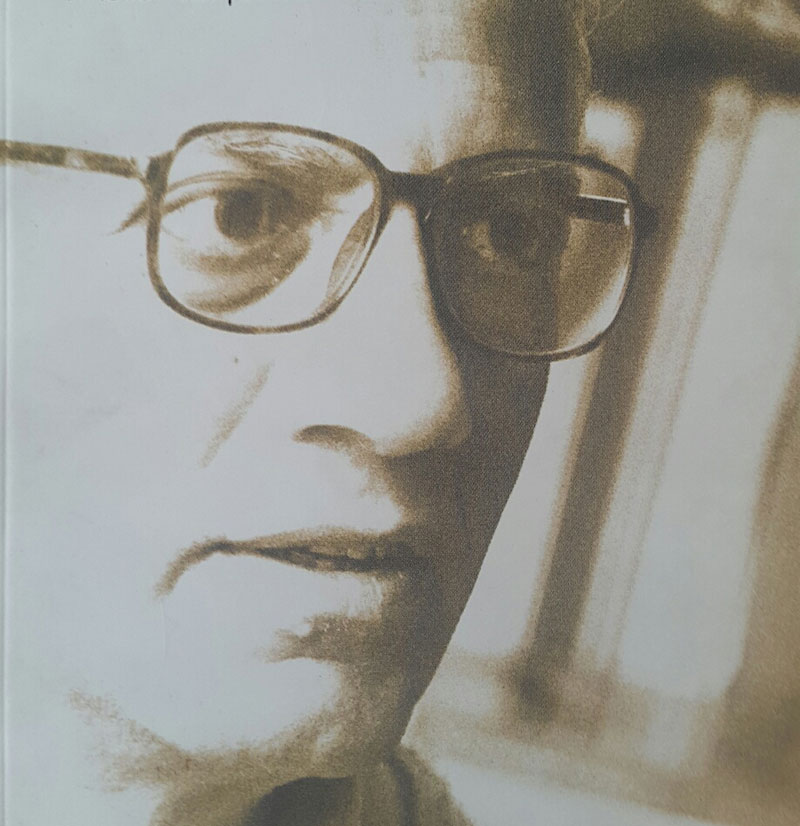
On the other hand, majority of our people too have a very poor understanding of history. They don’t give it its due credit and that is a shame. At a time when our country is going through such rapid and significant changes, I believe everybody would really benefit from learning and understanding about their roots. For example, ethnicity is such a hot issue, there are several debates around languages and concerns about people losing touch with traditions as well. To navigate our way through these conundrums, as a nation, we must be aware of our history as well. So along with documenting the current contemporary history, there is also a need to redirect some attention and efforts to our ancient history.
Niranjan Sharma
The last two decades alone have seen so many significant and drastic changes in our country’s political stage. So if we were to talk about documenting our contemporary history, it would only be natural to gravitate towards politics. It all unfolds like an epic play. However, rather than focusing on the main characters who had power, personally I believe a more interesting angle would be the student’s involvement in the movement. I’m talking about the days when the likes of Deuba were all still in college. In my opinion, back then the students had much more impact on the political progress. Similarly, there was the public’s involvement in the progression. They helped start some of the most significant movements that ended with a government change every single time. If we were to investigate about these aspects, it should provide some very interesting chapters in our history.
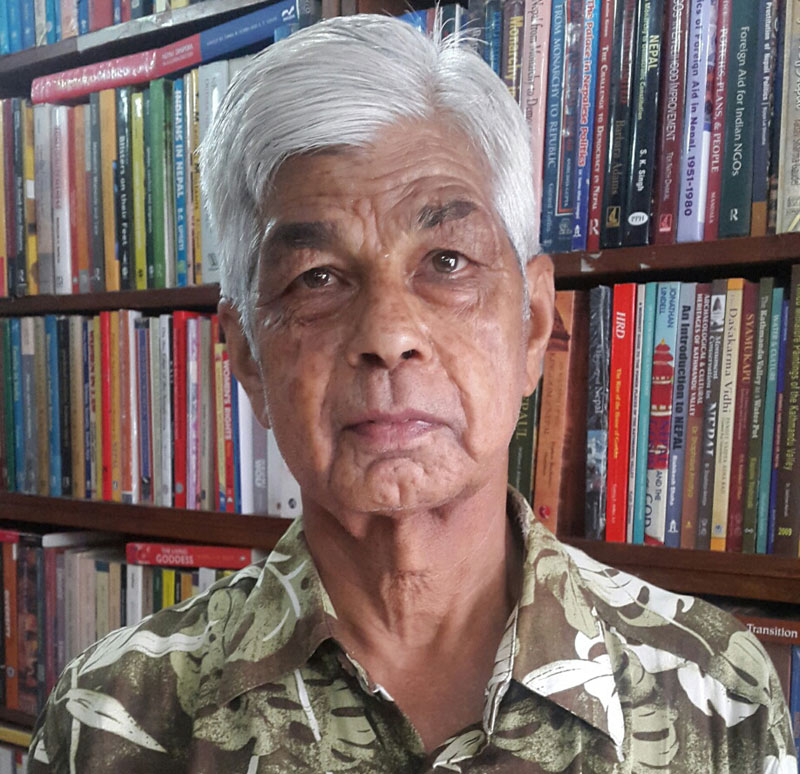
Who could have imagined that we would have the likes of commander-in-chiefs and palace insiders sharing details of their world? However, personally, I feel like there is still more to the story. They haven’t spilled all the beans so more research, investigation and documentation on the matter wouldn’t go amiss.
Triratna Manadhar
In my opinion, one can’t attempt to document our country’s contemporary history without drawing parallels to the state’s politics. It would be futile to skip politics because the country’s other significant progresses and problems can be traced to it. Perhaps, you want to talk about freedom of religion or Nepal being a Hindu state, the root of the issue emerges from politics. Even if we are covering the history of Nepal’s foreign policy, economic trends, ethnicity, marginalized people, it all in one way or the other encapsulates political agendas. I highly doubt that they can be analyzed separately. Politics has been such a dominant factor in these past decades that there is little question about it being the main feature of our contemporary history.
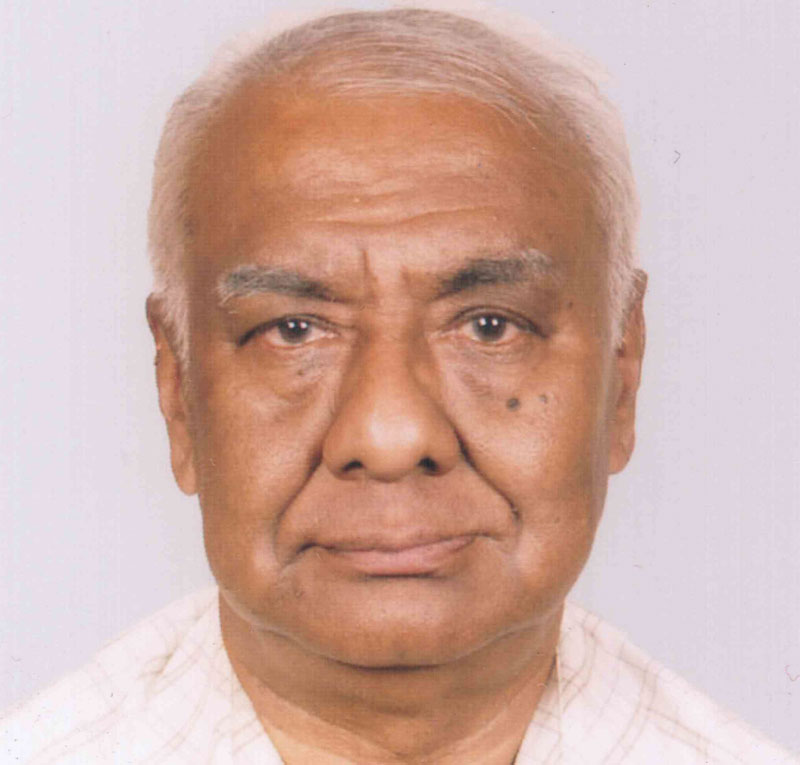
We have very good documentation of our past regimes and ruling parties. Several history books have been dedicated to the Rana regime, the Panchayat era and the Mahendra rule. Now if we were to make sure that the current history is also written in an objective manner then along with historians, we might have to collaborate with political scientists as well. This would make the documentation richer.
Dr Shanker Thapa
Where history is concerned, we have always had the habit of giving politics the most importance. It’s a trend we can easily spot in the books because other aspects of our society are largely dismissed. So much so, I fear that youngsters might actually mistake political documentation as history. We really need to make efforts to cover all factors that influence progress of our country and people. For instance, at our university, we have recently begun prescribing classes on history of Nepali Diaspora, ethnic history as well as ones on culture and religion. These matters and their understanding are equally important as well. If we were to cover our contemporary history, it would be best to pay attention to these factors too.

Sadly historical study, research and documentation in our country are in a poor state. In other countries, including India, the government sponsors these kinds of projects. Thus they have very skilled and knowledgeable historians working diligently to preserve their history. Almost all of our historians are working on their own personal expenses and because of their interest. We also need to look into this situation if we want to help people understand the importance of our history.
Recommended reads on Nepal’s history
Nepal ko Sanchipta Parichaya
by Baburam Acharya
This book lists 10 incidents that have changed the course of Nepalis history. They include Damodar Panday’s dominance, house-arrests of Queen Rajyalaxmi and King Rajendra Bikram, Kot masscre, PM Rannodwips assassin and so on. It proves to be an apt summary of all you need to know about Nepal’s history.
Jang Bahadur in Europe: The First Nepalese
Mission to the West by John Whelpton
This book is all about Jang Bahadur Rana’s Europe visit and meeting with Queen Victoria. It looks in depth at the background to the mission, including the changing pattern of Nepal’s relations with British India and Jang’s own rise to power amidst the intrigue and violence.
The Silent Cry
by Ludwig F. Stiller
The Silent Cry is the story of the people of unified Nepal during a trying period of adjustment and searching of goals. This story begins with the Treaty of Sugauli signed in 1816 and continues through to the death of Prime Minister Bhim Sen Thapa in 1839.
Anubhav ra Anubhuti
by Dayaram Bhakta Mathema
Dayaram Bhakta Mathema served in the royal palace as the private secretary to King Tribhuvan and King Mahendra, during a crucial period in Nepal’s history. This memoir of his helps unfold certain unknown facts by connecting the events of that period.
You May Like This
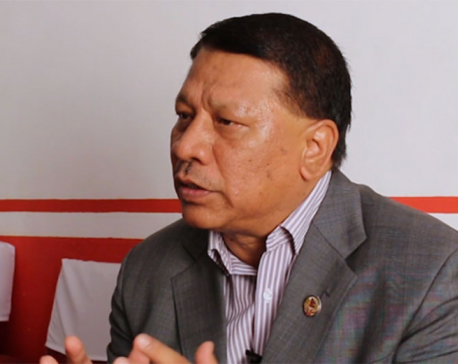
History not enough to retain party image: NC Leader Singh
SURKHET, June 9: Nepali Congress leader Prakash Man Singh has said glorification of party's history does not ensure its image... Read More...
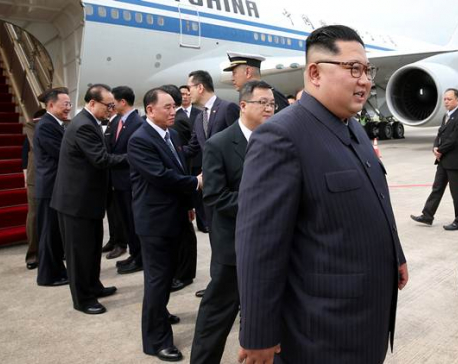
North Korea's Kim lands in Singapore, on cusp of making history with Trump summit
SINGAPORE, June 10: North Korean leader Kim Jong Un landed in Singapore on Sunday ahead of a summit with U.S.... Read More...

Making history
Sandeep’s debut in IPL ... Read More...



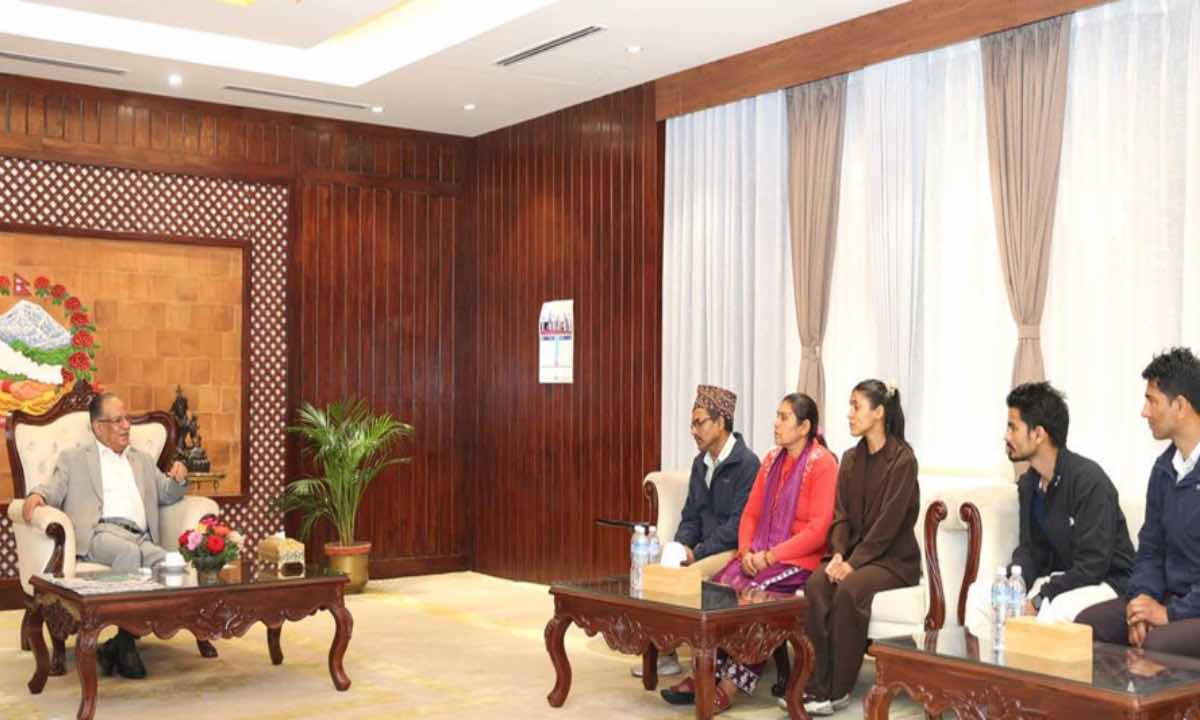
Just In
- Chemical fertilizers imported from China being transported to Kathmandu
- Man dies in motorcycle accident in Dhanusha
- Nepal face early setback as four wickets fall in powerplay against UAE
- Australian unemployment rate rises to 3.8 percent in March
- Gold price increases by Rs 700 per tola
- Fire destroys wheat crop in Kanchanpur, Kailali
- Bipin Joshi's family meets PM Dahal
- State Affairs and Good Governance Committee meeting today












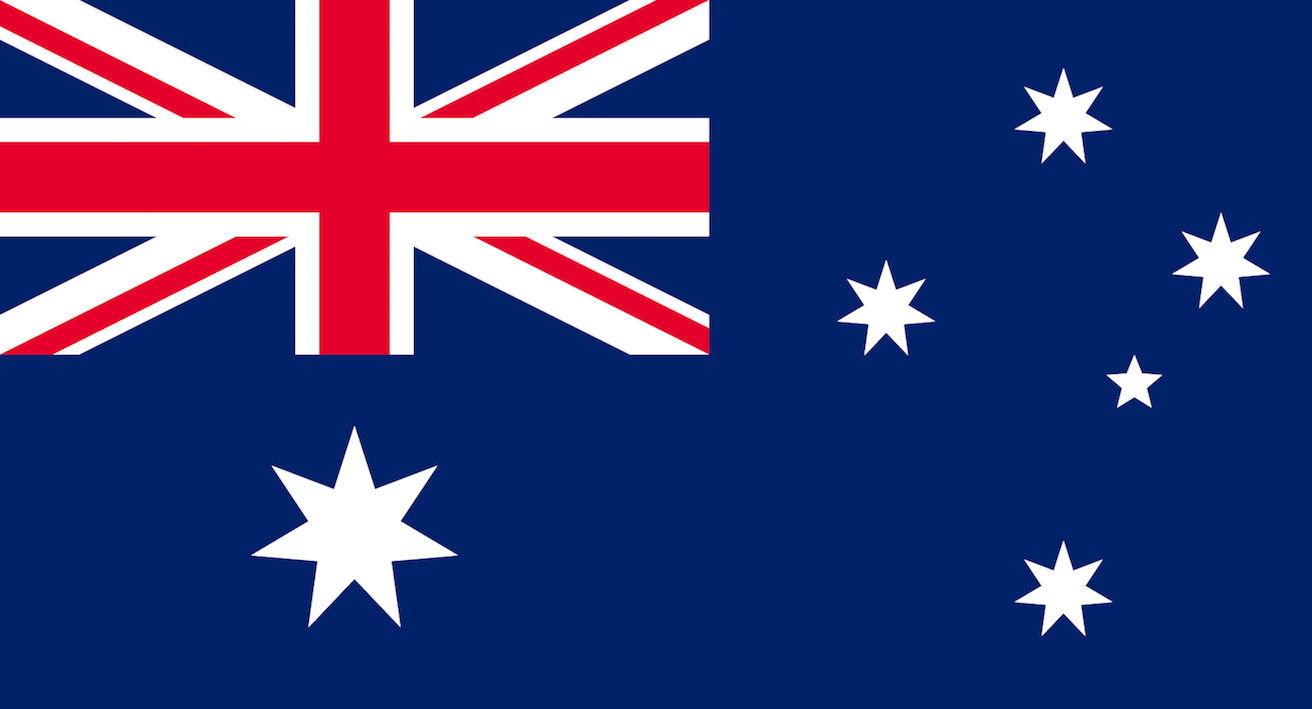
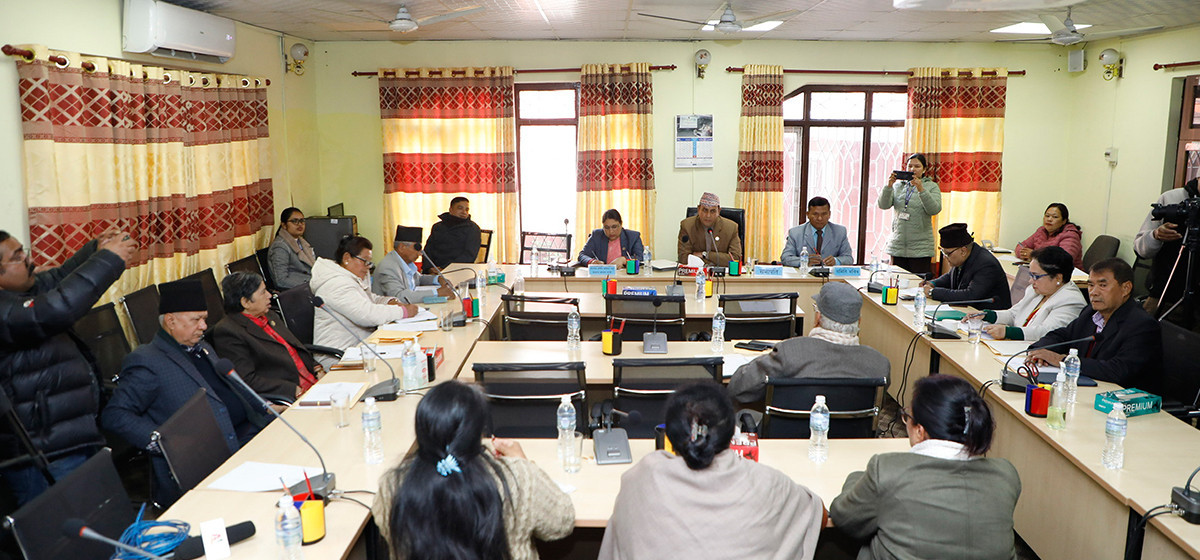
Leave A Comment